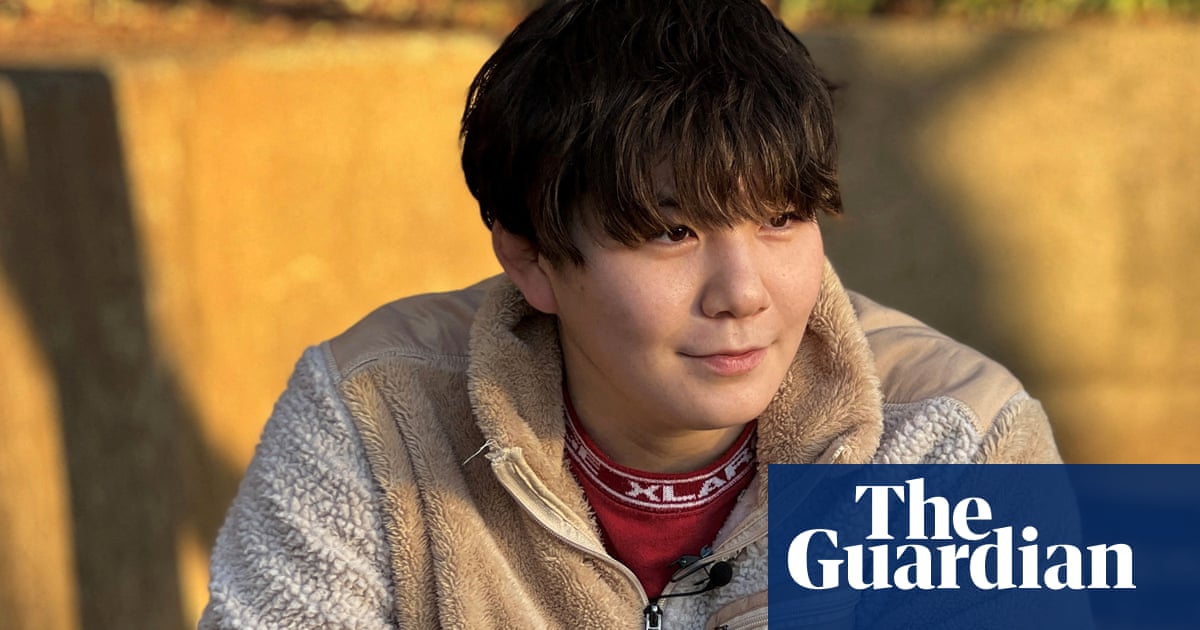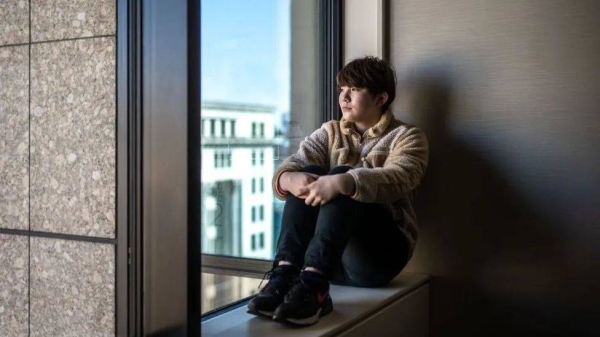
A court in Japan has found three former male soldiers guilty of sexually assaulting a female colleague, in what is being seen as a rare victory for survivors and a challenge to taboos surrounding abuse.
The Fukushima district court sentenced Shutaro Shibuya, Akito Sekine and Yusuke Kimezawa to two years in prison, suspended for four years, for “forced indecency” against Rina Gonoi during a military drill in 2021.
Gonoi, a 24-year-old former member of Japan’s self-defence forces (SDF), had taken the unusual step of pursuing her abusers through the courts, drawing international headlines after she spoke about the assault in a YouTube post last year.
Gonoi said the three men, who are in their late 20s and early 30s, used martial arts techniques to pin her on to a bed, before forcing apart her legs and, one by one, repeatedly pressing their crotches against her to simulate a sex act while the others watched and laughed.
The defendants denied their acts amounted to sexual assault and said they had apologised to her before being given dishonourable discharges, according to Japanese media reports.
Gonoi, who said she had been subjected to persistent harassment after enlisting in 2020, complained to her superiors immediately after the incident in August 2021, but decided to leave the SDF in June last year after no action was taken.
The defence ministry issued an apology after Gonoi went public about the assault and said it had dismissed five men connected to the assault and disciplined four others.
A defence ministry investigation triggered by Gonoi’s case uncovered about 1,400 cases of sexual harassment and bullying targeting women and men, most of which had not been reported.
In June, Japan passed legislation redefining rape, including removing the requirement that victims prove they tried to resist their attacker.
Gonoi’s decision to go public with her accusations garnered attention in male-dominated Japan, where speaking out against sexual violence has remained largely taboo.
In November, she was included in the BBC’s list of 100 “inspiring and influential women” for 2023 and named in Time magazine’s “100 Next” list of people to watch.
Gonoi, who is suing her attackers and the government in a separate civil case, was subjected to a torrent of abuse online.
“I was prepared for defamation, but it’s tough,” she said before the verdict, adding that at one point the abuse was so bad that she did not leave her home for five days.
“There’s something wrong with Japan – people attack victims instead of perpetrators,” she said.
Gonoi’s case coincided with an effort by Japan to recruit more female soldiers and bolster its defence forces amid concerns over China’s military buildup and North Korea’s ballistic missile and nuclear weapons programmes.
Few women hold positions of authority in Japanese politics, business or the military, and its gender pay gap is the worst among advanced economies. That backdrop makes it harder for survivors of sexual assault to come forward, according to campaigners.
“In Japan, suffering sexual violence brings stigma and shame, often leaving survivors reluctant to come forward,” Teppei Kasai, of Human Rights Watch, said before the verdict.












